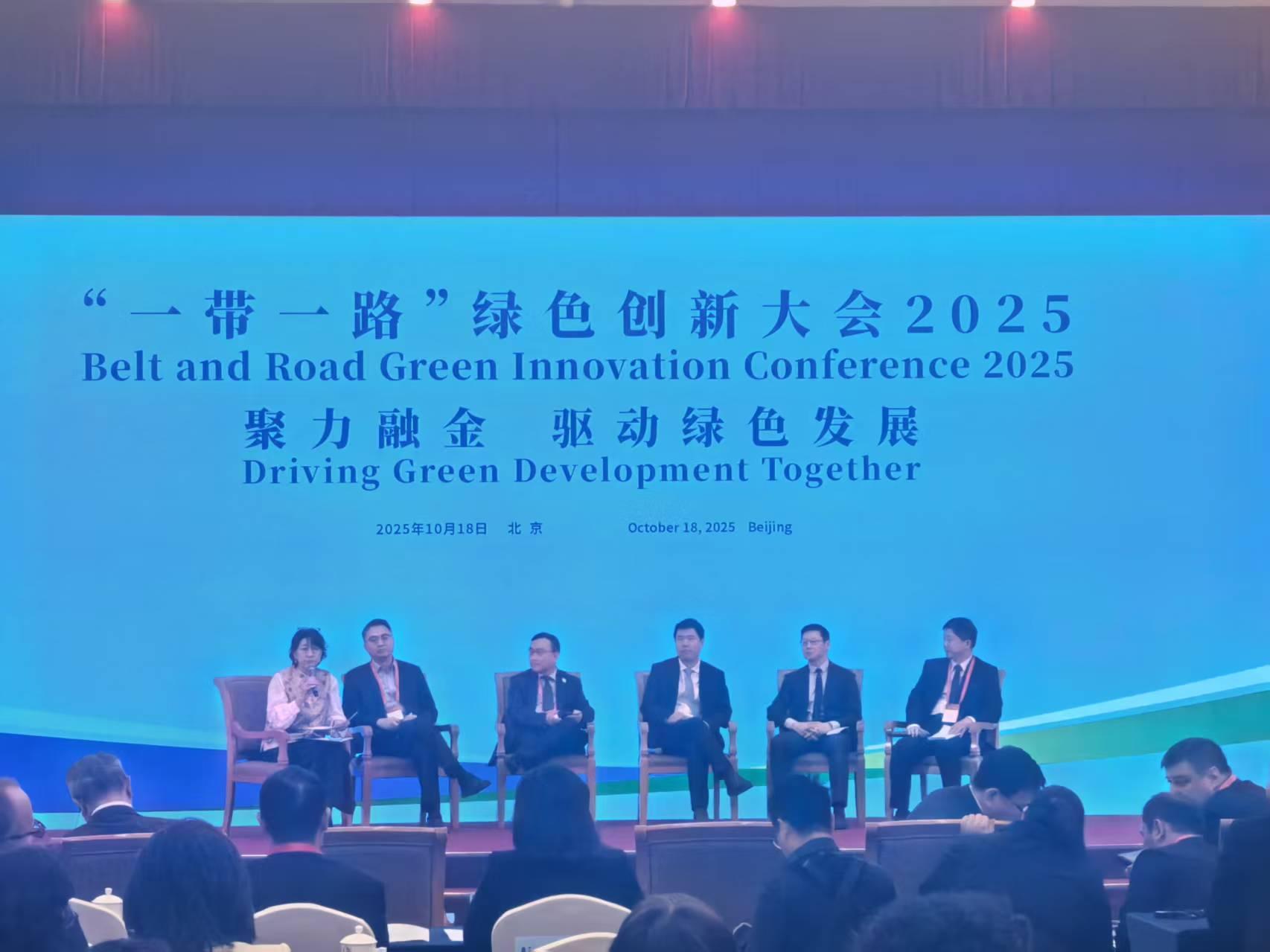Green Development Highlighted at Belt and Road Event

The Belt and Road Green Innovation Conference (2025), hosted by China's Ministry of Ecology and Environment, sought to build global consensus on green development, deepen the integration of green investment and financing with green transformation, and inject new green momentum into high-quality development of Belt and Road cooperation.
Themed "Driving Green Development Together," the conference was held in Beijing on October 18.
Green and low-carbon development is not a matter for any single country or region, but a global endeavor that concerns the common destiny of humanity and the sustainable future of the planet. At the conference, officials and experts concurred that green and low-carbon transition is both a global trend and an essential pathway toward sustainable development.
Chinese officials said that over the past decade since the Belt and Road Initiative (BRI) was proposed, China has consistently upheld the vision of a community with a shared future for humanity. Through concrete actions, China has supported green transitions in developing countries, accelerated the development of a comprehensive policy framework for a green Belt and Road, and strengthened green development partnerships.
It has deepened practical cooperation in green and low-carbon fields, and enhanced environmental governance capacity in partner nations — offering valuable experience and resources for global sustainability efforts.
Green has become a defining feature of Belt and Road cooperation. China stresses enhanced dialogue on climate change, biodiversity loss, plastic pollution and other pressing issues. It also calls for jointly addressing global environmental crises and fostering meaningful progress in green BRI collaboration.
Ministers and ambassadors from Cambodia, Pakistan, Honduras, Mongolia and other partner countries shared their national experiences and expressed interest in deepening green cooperation with China. Nearly 300 representatives from 39 countries and regions attended the event, representing governments, international organizations, financial institutions, businesses and academic institutions.
Salvador Moncada, ambassador of Honduras to China, said since establishing diplomatic relations with China in 2023, Honduras has made "significant progress in investment structure that balances returns with sustainability."
He highlighted the China-Honduras energy transition plan, under which Honduras is collaborating with Chinese power enterprises and the BRI International Green Development Coalition to advance sustainable energy management and development, as a landmark example.
The conference also launched the report BRI Green Development Outlook 2025: Building an Integrated Pathway toward a Low-Carbon Future with the Global South. Jointly published by the BRI International Green Development Coalition and the UN Sustainable Development Solutions Network (SDSN), the report systematically reviews green development practices across Southeast Asia, Africa, Latin America and other regions.
In a video address, Professor Jeffrey D. Sachs, president of the UN SDSN, hailed the report as a "must-read," commended China's global leadership in green technology and energy transition, and praised its strong support for low-carbon development in the Global South through South-South cooperation.







